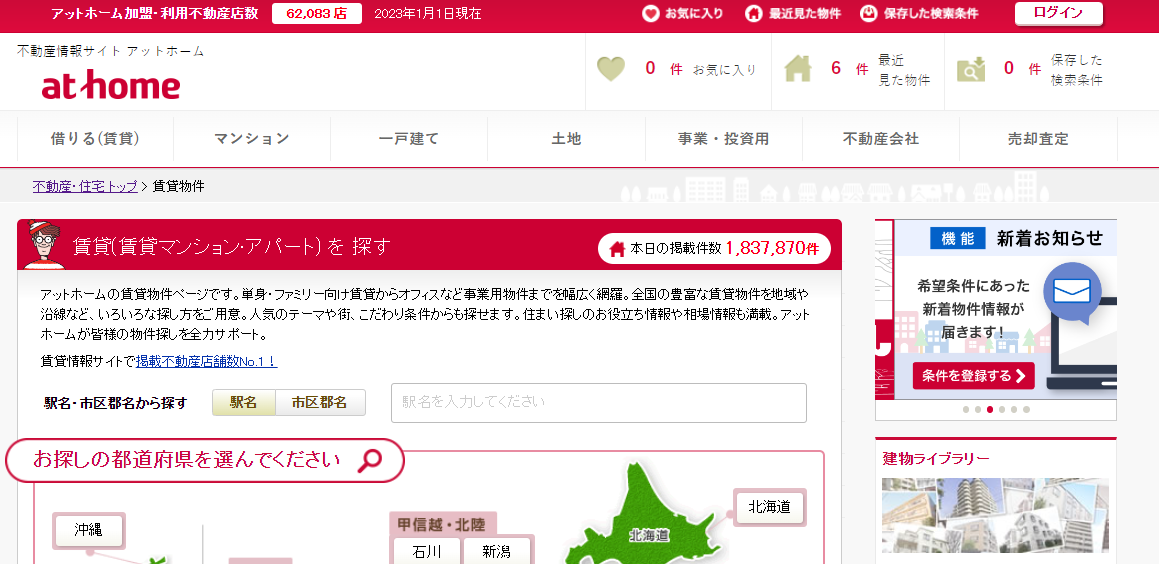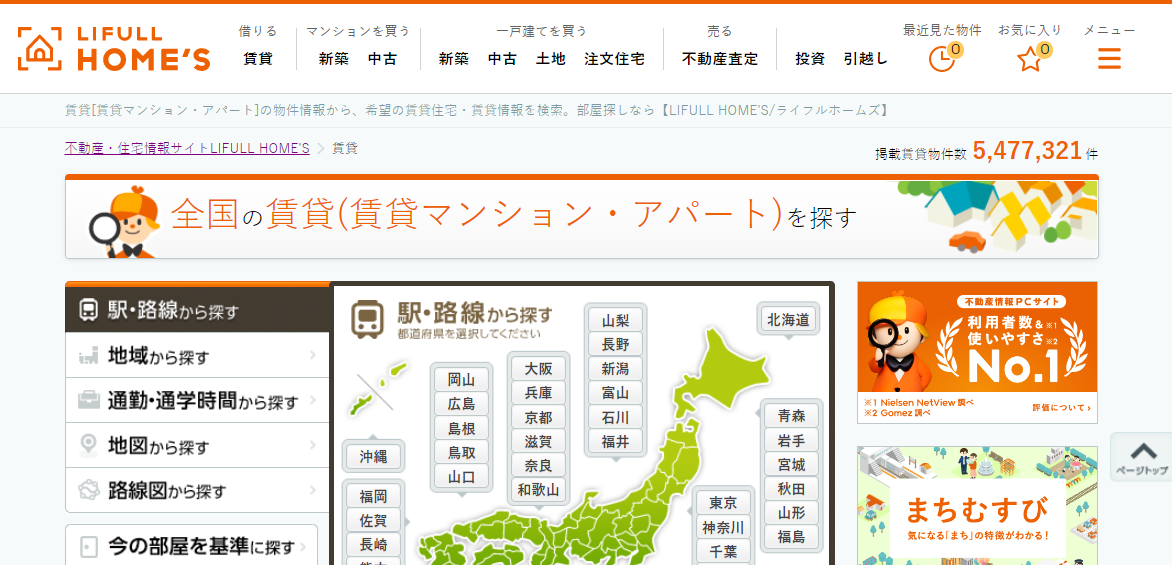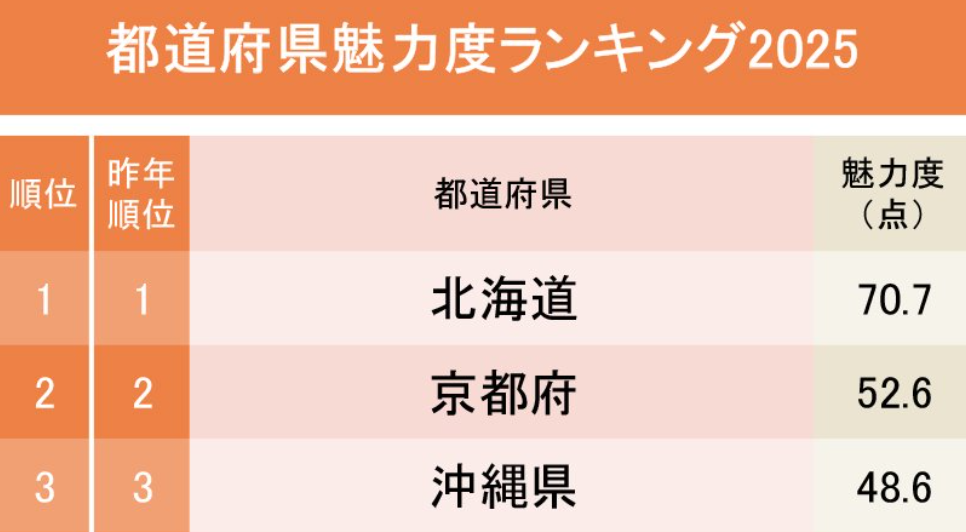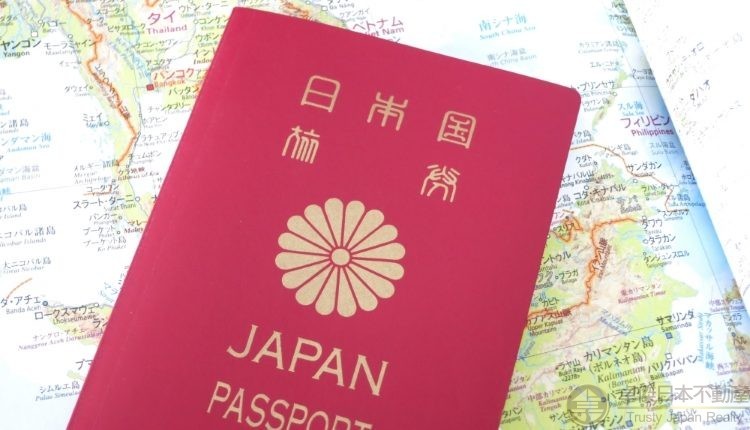Renting a house in Japan is a necessary experience for most people, whether studying or working there. Compared to renting in many other countries, the process in Japan is more complex and detailed. It's crucial for those abroad to understand these procedures in advance to avoid potential issues. Let's discuss the characteristics, costs, procedures, and recommended websites for renting in Japan.
Characteristics of Renting in Japan
Renting in Japan tends to involve smaller spaces at relatively higher prices. Lease contracts typically last for two years but can be renewed or terminated. Most landlords entrust property management to real estate companies, and tenants usually need to go through a real estate agency to rent a property. The agency often charges a fee, typically equivalent to one or half a month's rent. While some areas offer properties without agency fees, these tend to be more expensive. It's advisable to find a reliable real estate agency rather than focusing solely on avoiding agency fees.
Costs of Renting in Japan
①Key Money (Reikin)
A one-time payment, equivalent to 1-2 months' rent, given to the landlord as a gesture of thanks.
②Security Deposit (Shikikin)
Similar to a deposit in other countries, it usually amounts to 1-2 months' rent. The landlord deducts cleaning and repair fees from this deposit upon move-out.
③Agency Fee (Chukai Tesuryo)
Also known as the intermediary fee, typically one month's rent. Some properties offer reduced or zero fees for students.
④Monthly Rent (Chinryo)
The regular monthly rent, paid monthly. Payment methods include automatic bank withdrawal, bank transfer, or in-person payment at the management company.
⑤Home Insurance Fee (Kyoai Hokenryo)
Equivalent to fire insurance, typically a one-time payment of around 20,000 JPY for a two-year coverage.
⑥Guarantor Company Fee (Hoshonin Gaisyaryo)
Introduced due to tenants leaving without paying the final month's rent. It covers potential damage expenses in case of abnormal move-out.
⑦Other Fees
- Management Fee (Kanri Hokenryo): Similar to property management fees in other countries, paid along with rent.
- Administrative Fees (Jijutsu Tesuryo): Handling fees for contract documents, printing, and mailing.
- Key Exchange Fee (Kagi Kokanryo): Cost for changing keys.
- Daily Rent (Nichikinryo): For example, if moving in 10 days before the next month, you pay rent for those extra 10 days.
Initial costs for renting in Japan can be high and somewhat intricate. It's essential to be financially prepared, choose accommodation carefully, and minimize relocations to save expenses.
Types of Housing in Japan
In Japan, housing types are often expressed using terms like 2DK, 1LDK, where L, D, K represent specific areas within the residence:
- L (Living room): Represents the living area.
- D (Dining room): Represents the dining area.
- K (Kitchen): Represents the kitchen.
The numerical value preceding these letters indicates the number of rooms, and the area is typically measured in "tatami" units, with one tatami unit approximately equal to 1.6562 square meters.
Common Types of Housing in Japan:
- アパート (Apartment):
- Often considered budget apartments.
- Typically constructed with a wooden framework, older buildings may have poorer sound insulation.
- Generally more affordable.
- マンション (Mansion):
- High-quality apartments.
- Typically constructed with reinforced concrete.
- Well-managed, often with on-site management personnel and access control systems.
- Generally more expensive.
- 寮 (Dormitory):
- Refers to dormitories provided by Japanese schools.
- Available in single or multiple occupancy rooms.
- Single rooms have individual spaces and appliances, while multiple occupancy rooms share kitchen and bathroom facilities.
- Advantages include lower costs and flexibility in choosing accommodation based on individual preferences.
How to Choose Housing in Japan
①Searching for Apartments Independently
- Pros: Convenient to explore various listings online, saving the hassle of physical property visits.
- Cons: Limited to virtual inspections through images or 3D tours, lacking the comprehensive understanding gained from a physical visit.
②Seeking Assistance from Real Estate Agencies
- Pros: Real estate agencies can quickly filter suitable listings based on your criteria, including size, location, and rent.
- Cons: Typically charge a fee equivalent to half a month to one month's rent upon successfully finding a property.
Choose the method that best suits your preferences and circumstances. It's crucial to compare options thoroughly before making a decision.
Recommended Japan Rental Sites


![[2025 Edition] World Happiness Rankings: Japan's Happiness Ranking Drops To 55th In The World](https://www.japanrar.com/wp-content/uploads/2025/04/1743574779-53493651.webp)




